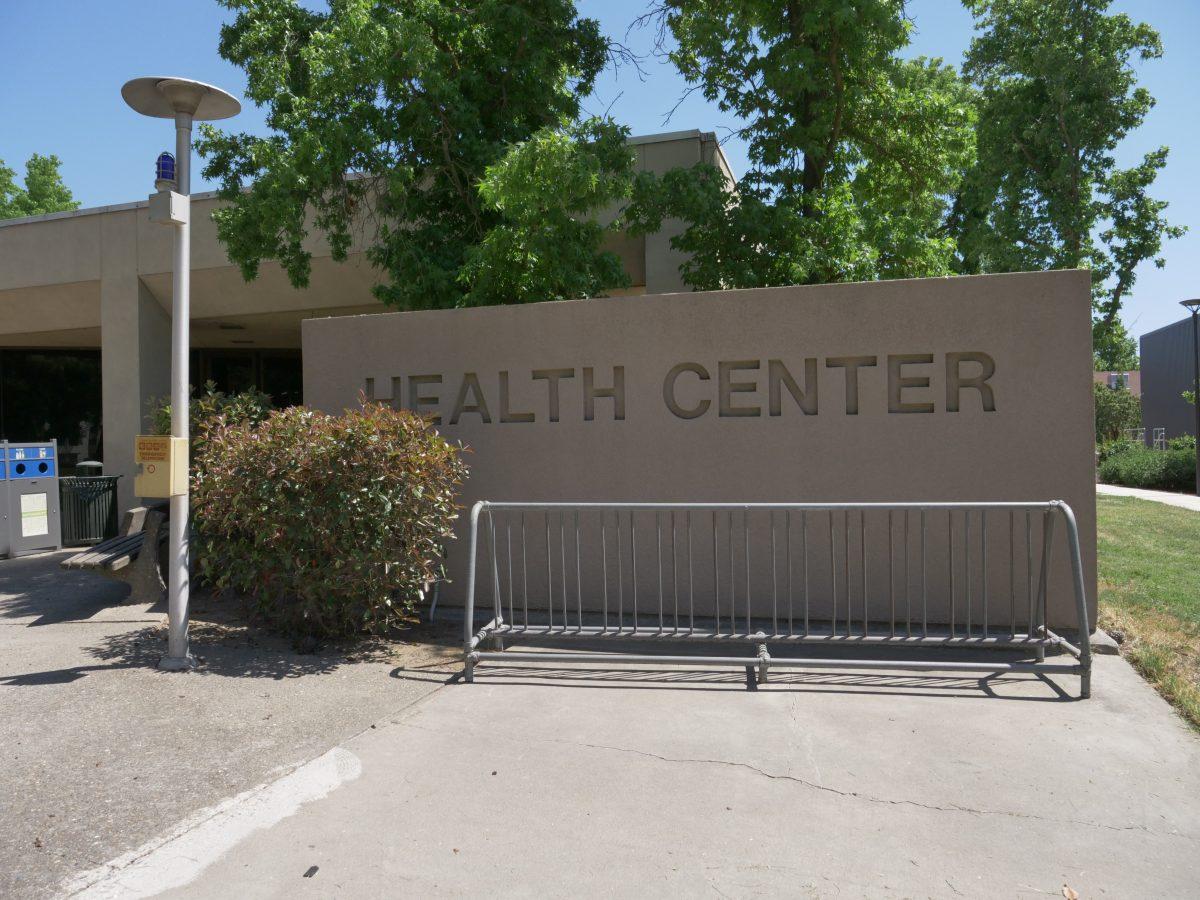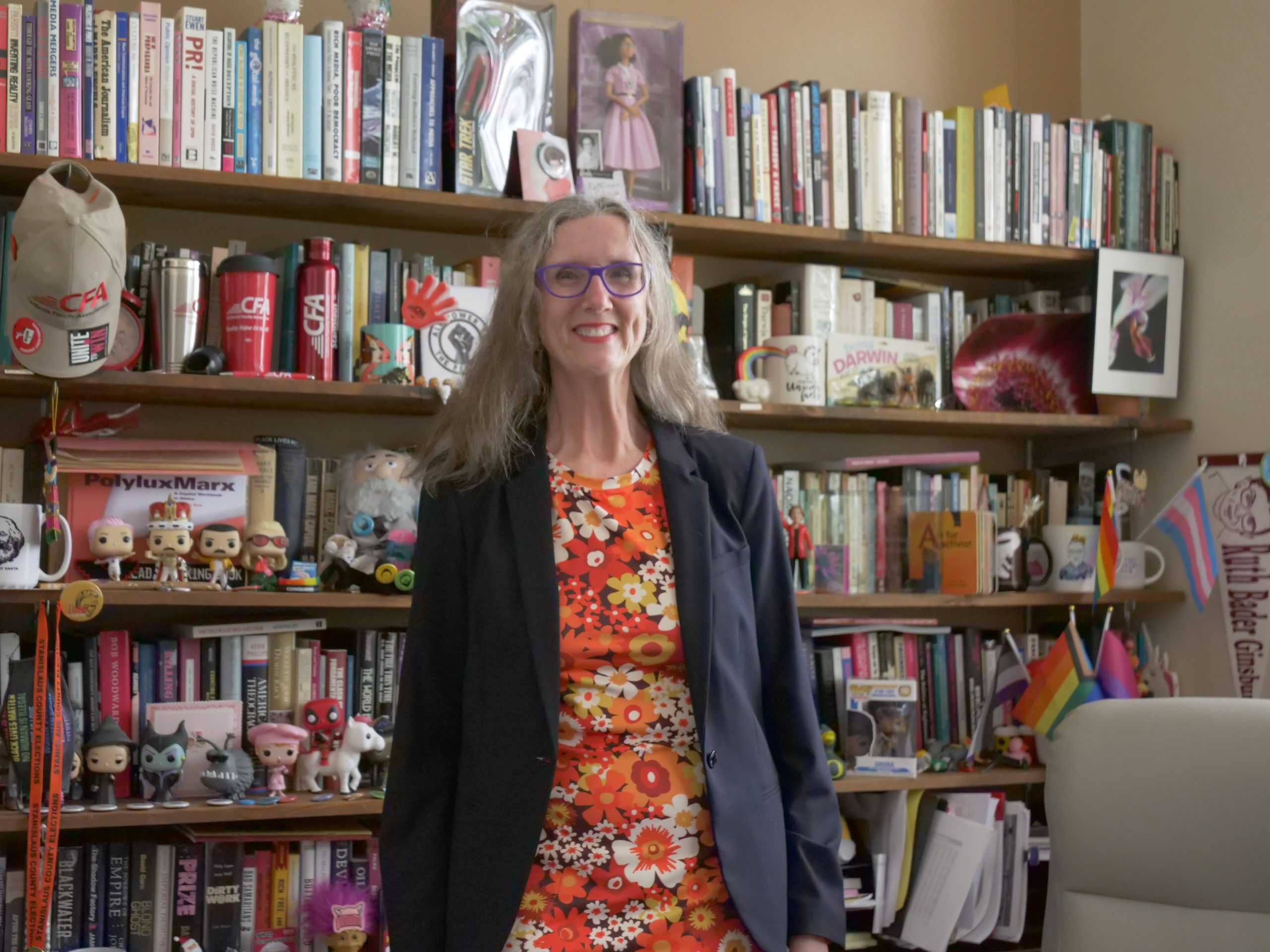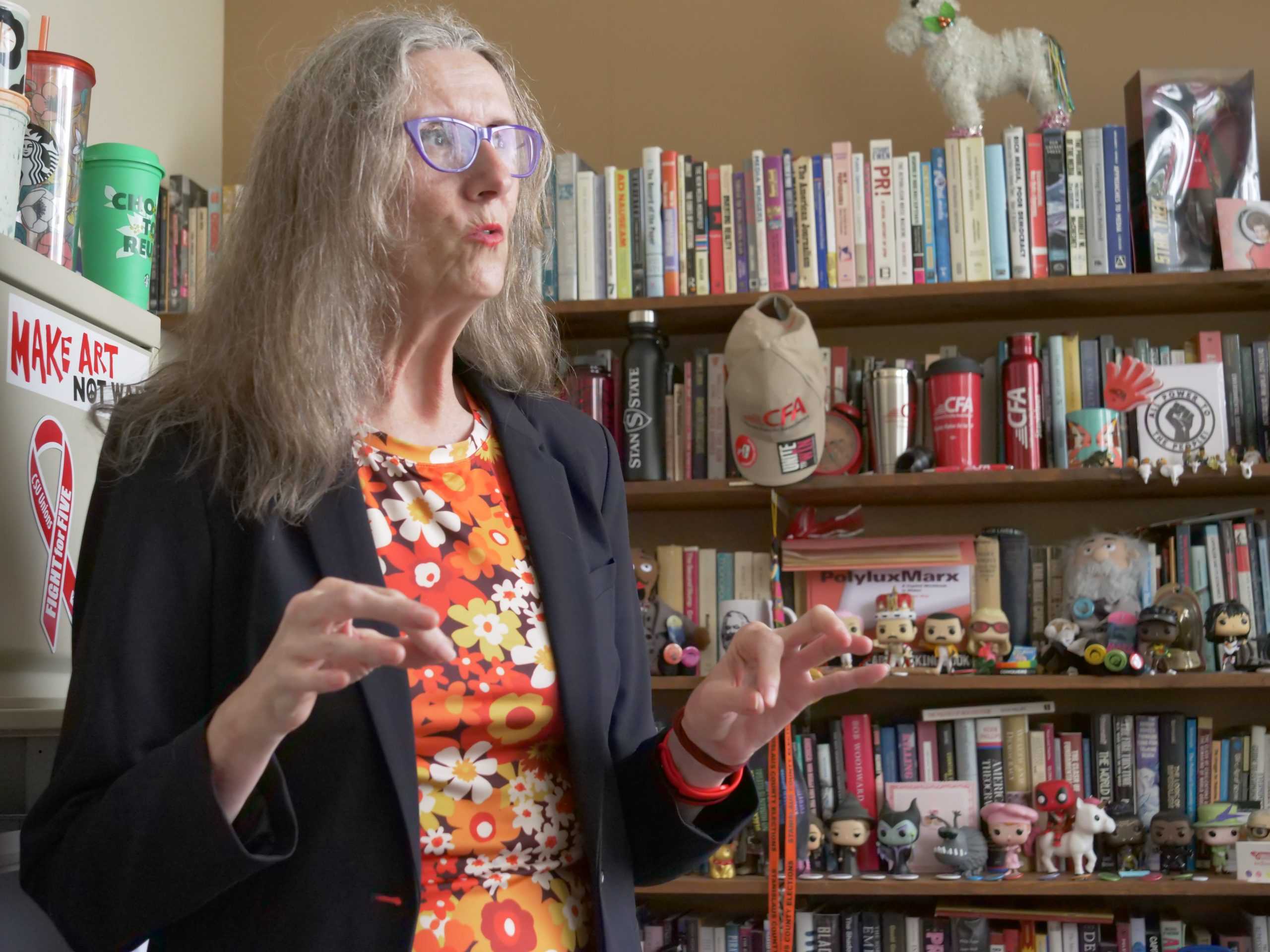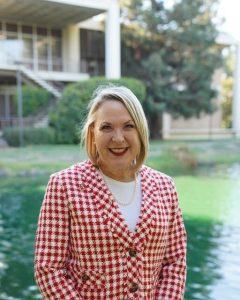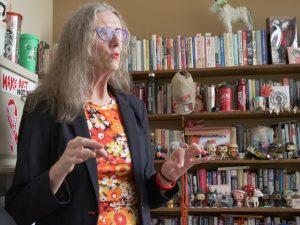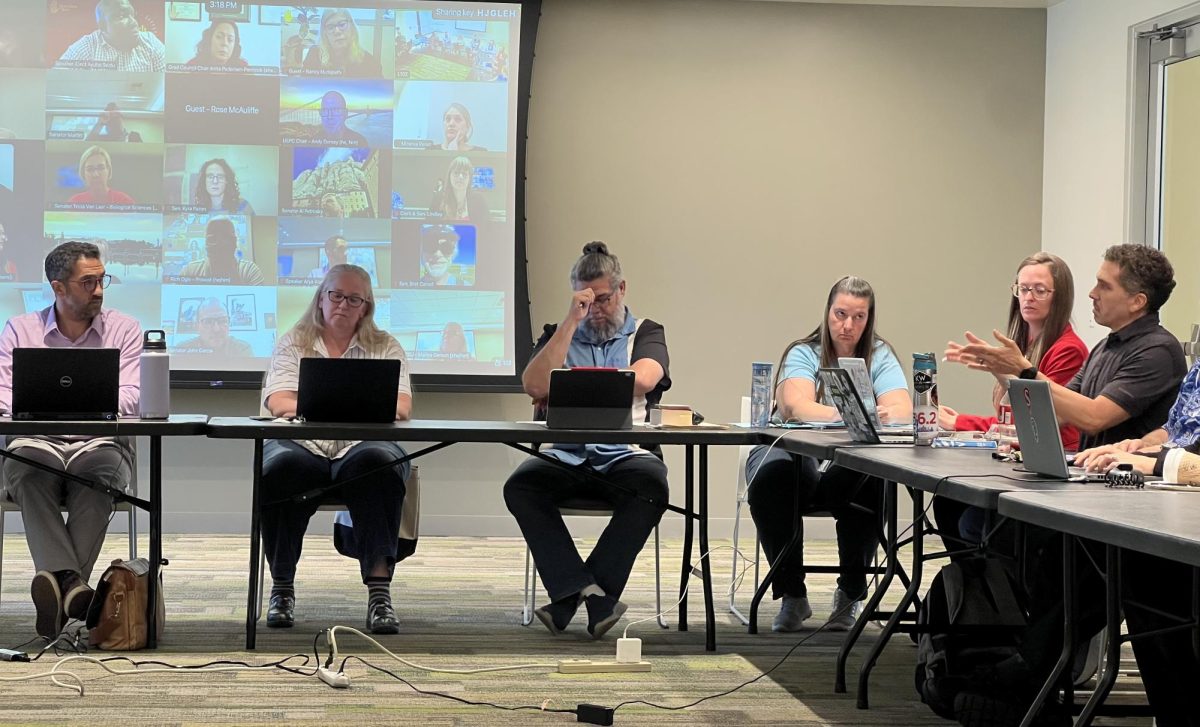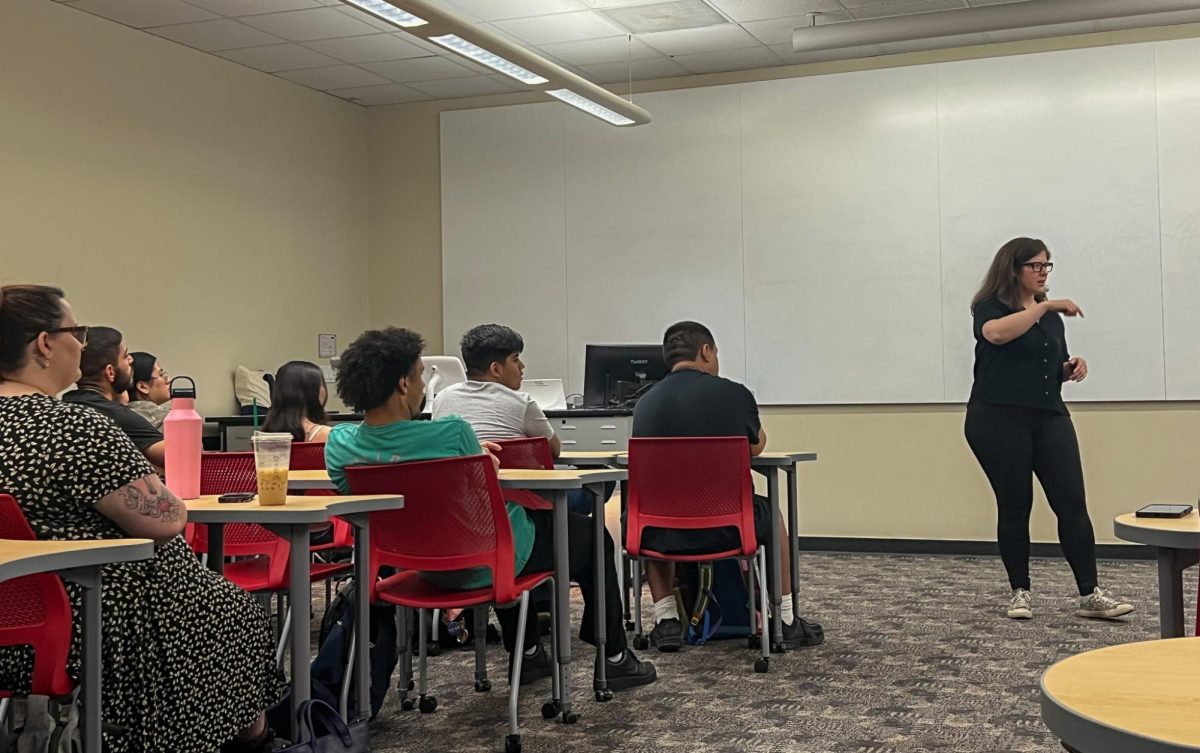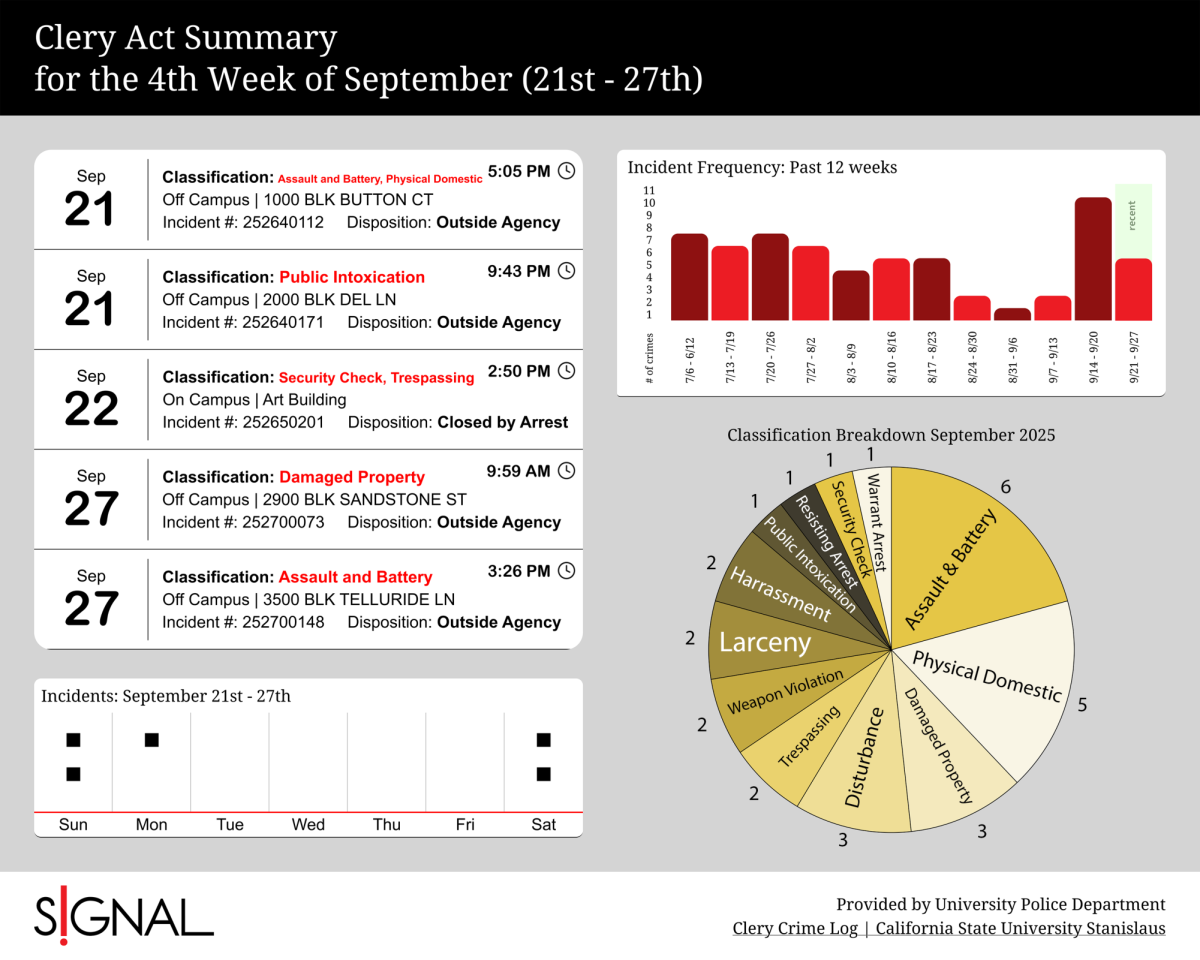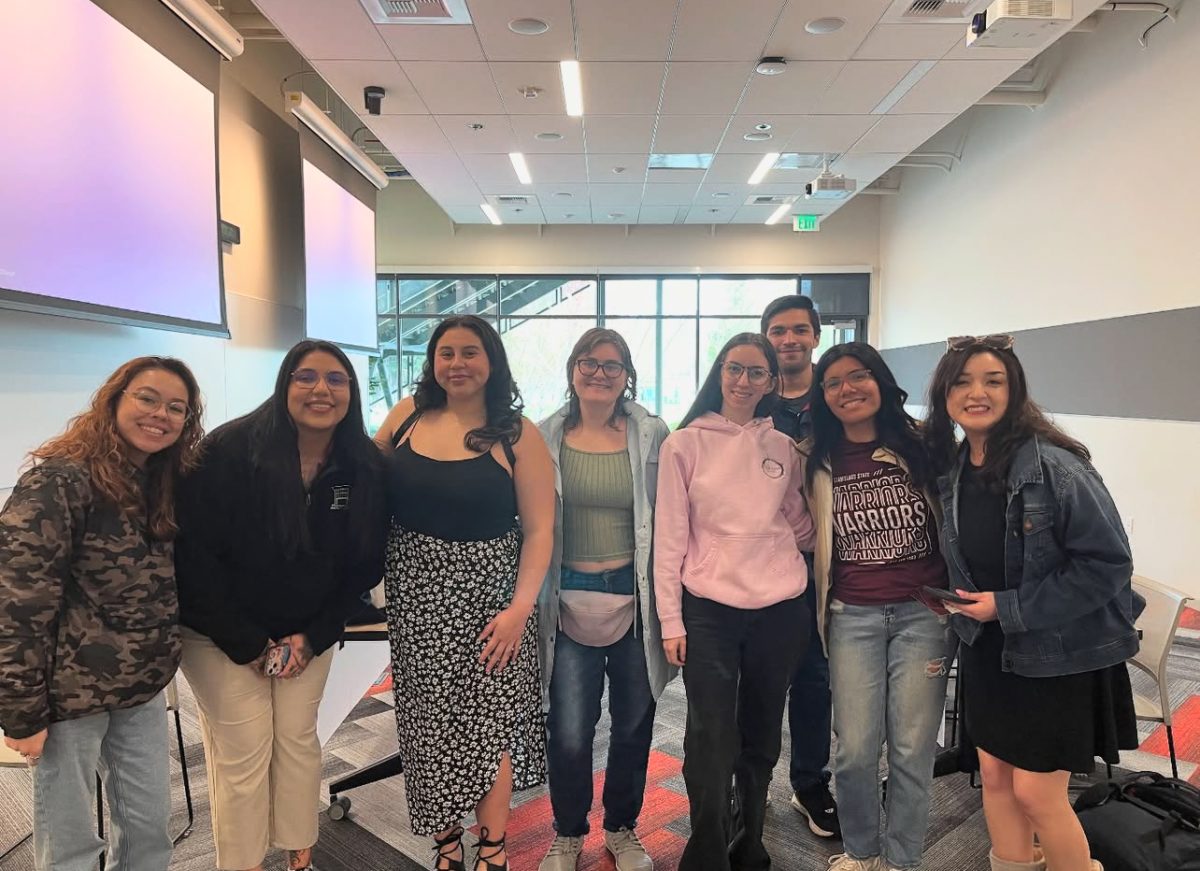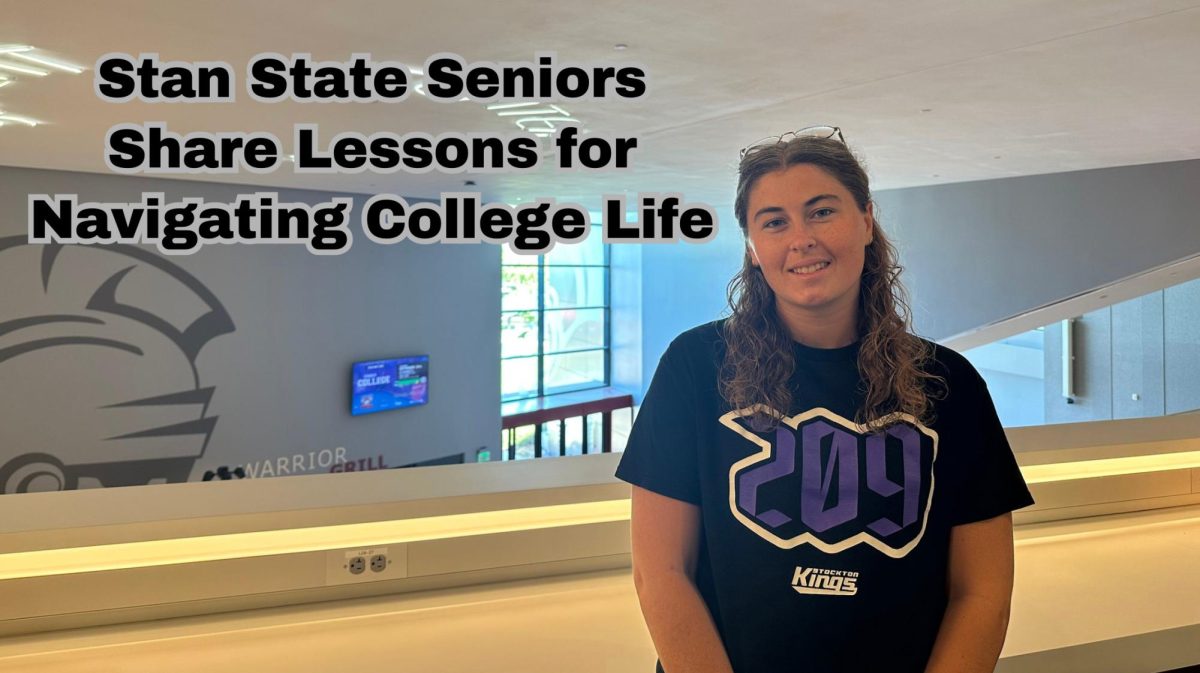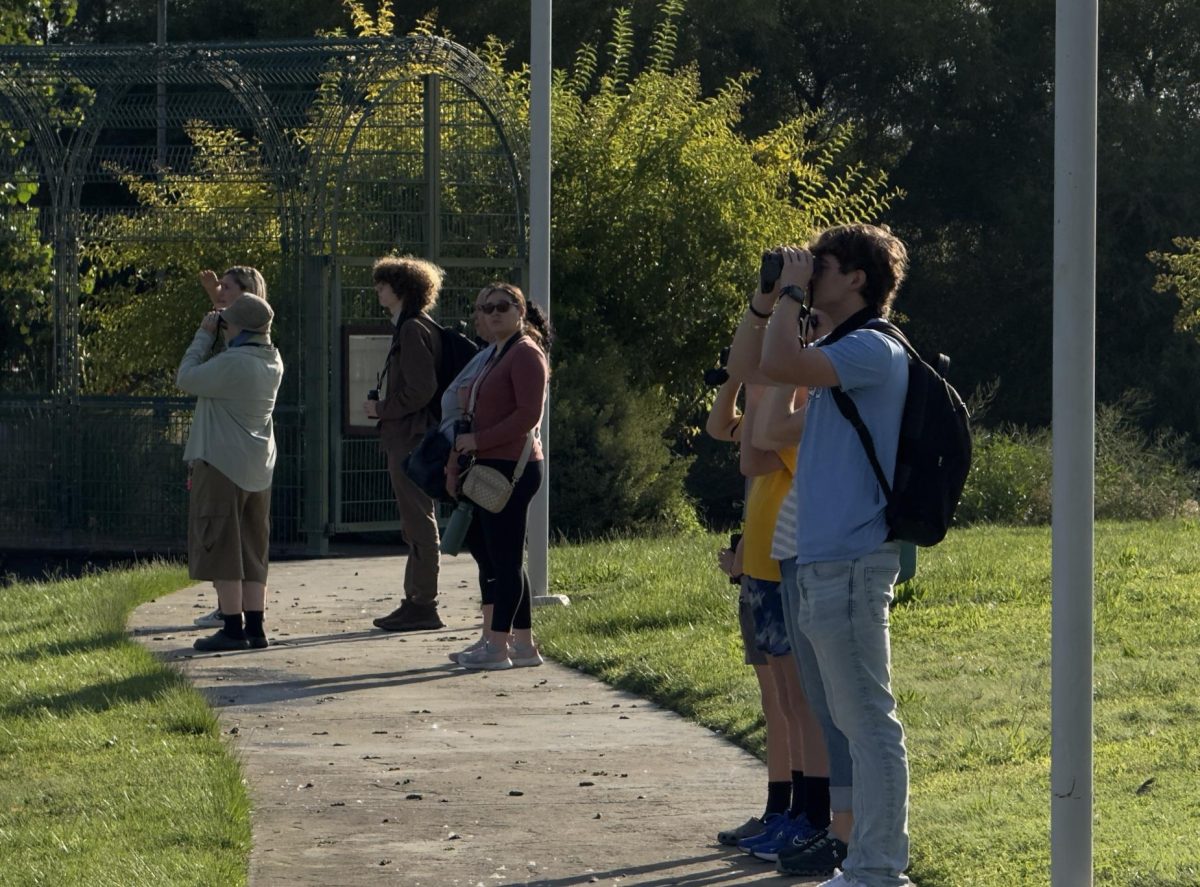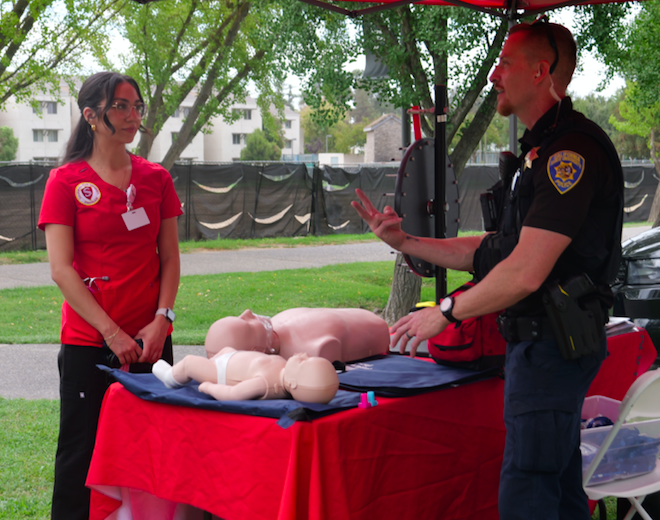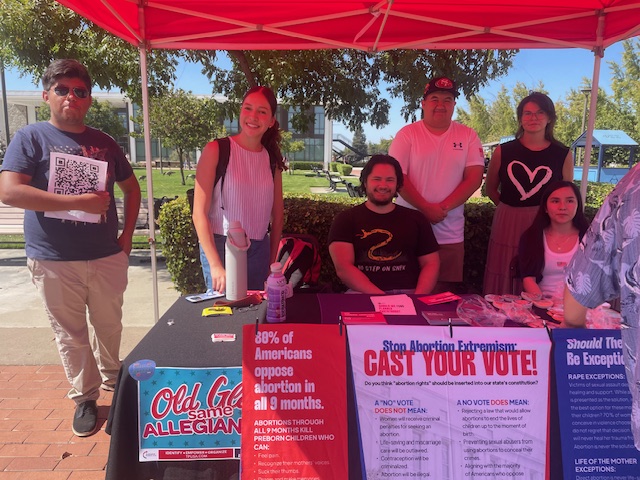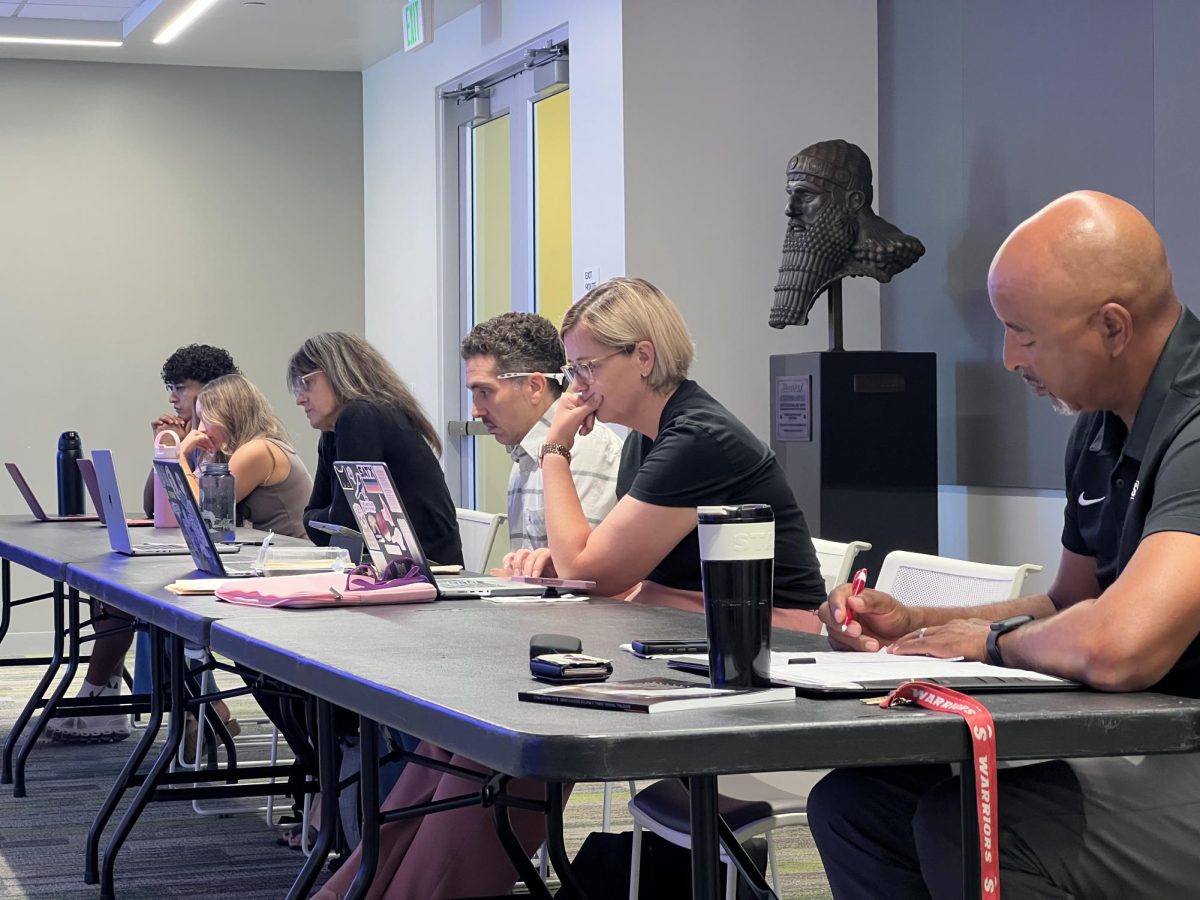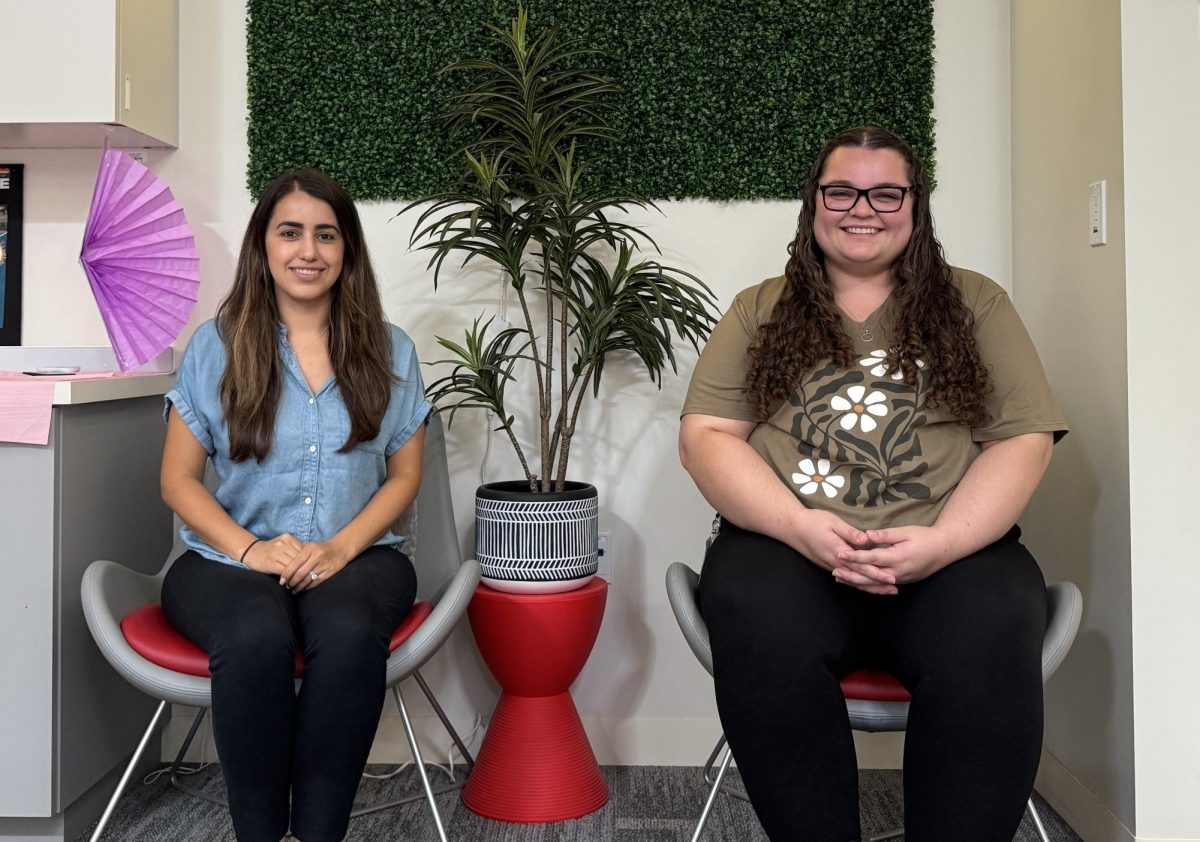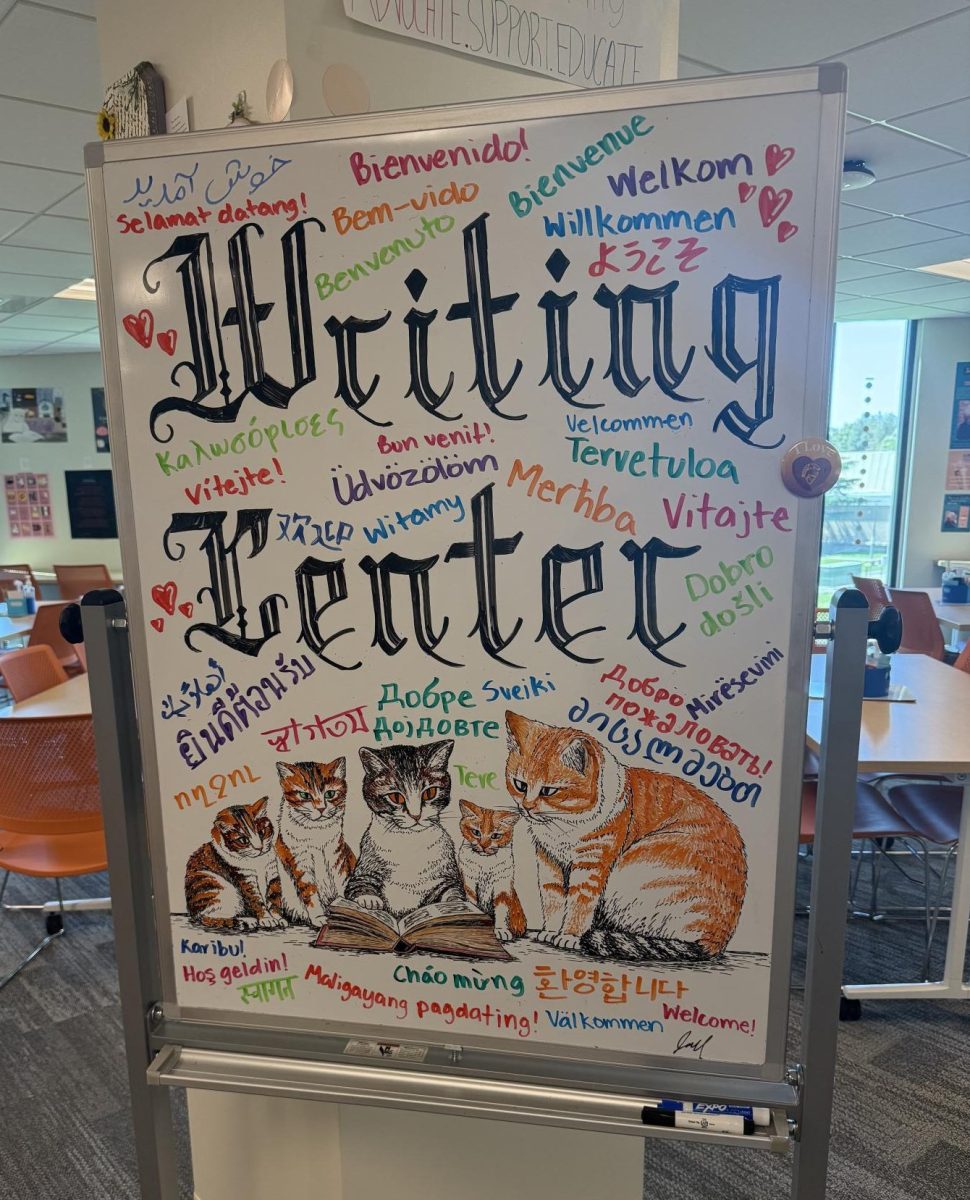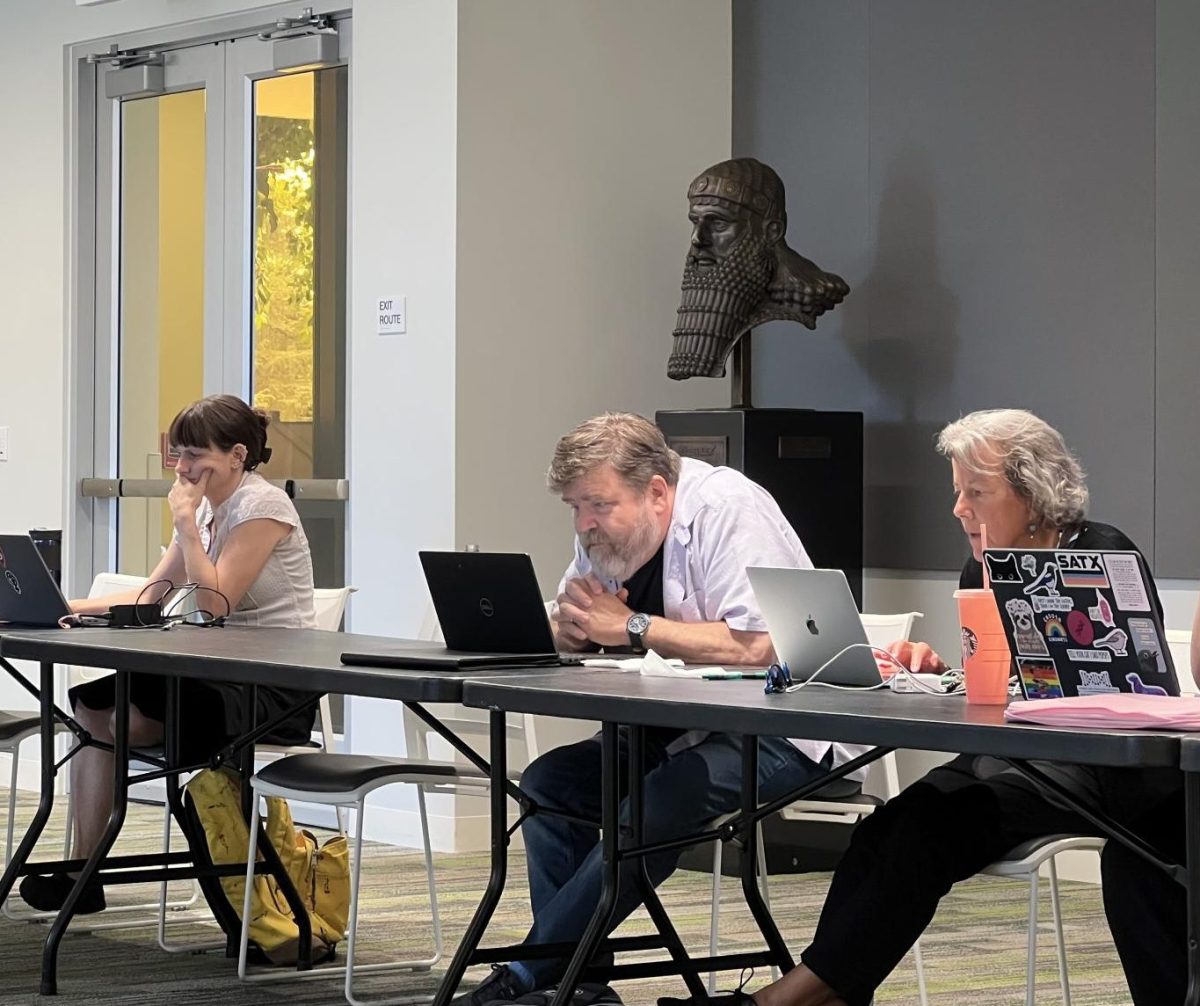Faculty have been speaking out about their concerns regarding each of the Student Health Center’s professionals who are qualified to provide abortion by medication techniques opting out of prescribing the medication due to moral, ethical, or religious reasons.
The Student Health Center continues to provide these services through other means, such as telehealth appointments and the delivery of the medication by mail, and assert that there is no conflict between the medical professionals’ decisions and the health center’s quality of care.
However, worry is still circulating about the legal ramifications and ethics involved, alongside the stability of our continued access to this drug.
Since the Supreme Court overturned Roe v. Wade in June 2022, states have clamored to either protect or attack abortion rights. The Texas court ruling in April of this year was one of these attacks, as it attempted to suspend FDA approval of mifepristone, an abortion pill.
The ramifications of this ruling reached CSU Stanislaus when the third-party service its Student Health Center relied on for telehealth appointments and mailing mifepristone to students, FPA Women’s Health, alerted all UCs and CSUs they would only hold in-person appointments over a week’s time, from April 14 to April 24.
During this disruption of service, the Student Health Center reverted back to an earlier form of providing the service.
Dr. Heather Dunn Carlton, the Associate Vice President for Student Engagement and Well-Being and Dean of Students, explained the Student Health Center’s plan to continue providing this care during this disruption of service.
“It reverted back to an earlier form of providing the service which required face-to-face appointments and that the medication was not able to be mailed,” Carlton said. “So, we had a plan in place that should a student need this service, we were arranging private car service for the student at no cost.”
The car service would drive the student to the FPA Women’s Health location of their choice.
It was the Texas decision and the temporary disruption of service that led Dr. Ann Strahm, a Professor of Sociology, to contact the Student Health Center to check if it had stockpiled mifepristone in the case of an emergency where we no longer had convenient and affordable access to it.
It was in this conversation that she discovered that the medical center could not carry this medication on-campus because each of their medical professionals qualified to prescribe and administer medication abortion had opted out on a moral, ethical, or religious basis.
“I absolutely, fundamentally believe that staff have every right to opt out. I don’t think at all that somebody should be forced to do something that they absolutely disagree with morally,” Strahm said.
However, she pointed her criticism towards Stan State’s university administration.
“It is incumbent upon the institution to fall within both the letter and the spirit of the law and to ensure that we have medical staff on this campus who are not morally, ethically, or religiously wishing to opt out,” she said.
The California state legislature passed a protection, titled SB24, that went into effect on January 1, 2023, requiring that CSU and UC student health centers offer abortion by medication techniques.
This is the law that Strahm is concerned that CSU Stanislaus is not acting in the spirit of.
Her argument relies on the exact text of the CSU Employees Union (CSUEU)’s Memorandum of Understanding (MOU), which was passed when they collectively bargained with the CSU system to comply with SB24 under certain conditions.
One of these conditions gave employees the right to opt out of providing abortion by medication techniques, which she is not arguing with.
Section B of the MOU states that the CSU has a right to contract out abortion by medication techniques to a third-party “when there is a need due to staffing shortages.”
Strahm argues that since there is no staffing shortage, the university should be providing these services directly to students rather than relying on telehealth appointments and medication by mail, which the temporary disruption of service proved to be a fragile arrangement as abortion rights continue to be under attack across the United States.
“I’m personally not sure if it’s the letter of the law,” Strahm said, “But, I’m not a lawyer. I don’t believe it’s in the spirit of the law.”
Dr. David Colnic, a Professor of Political Science, was equally concerned about whether the spirit of the law was being followed.
Colnic explained his thoughts on the answers he and other professors had received from the administration about their questions on the issue.
“They’ve been contradictory, they’ve been incomplete, they’ve been sort of off the mark, answering other questions,” Colnic said. “I’m not sure we know the answer to that essential question. Is the university in compliance with SB24? To me, that’s the most critical question and still the unanswered question.”
Carlton asserts that Stan State is in compliance with both the letter and the spirit of the law. She states that even though Student Health Center practitioners have opted out of prescribing the medication directly, they are willing to provide care and discuss options with pregnant patients before they move to a telehealth appointment with somebody who will prescribe the medication.
“We have hundreds of students who come in for pregnancy tests every year. A handful of those are positive tests, and then there’s a conversation between the provider and the student about the host of options that are available to them,” Carlton said.
This is referred to as “options counseling,” and Carlton said that all of the university’s providers have the training and expertise to have these conversations.
She added that the providers go over options such as pre-natal care, adoption, or the termination of an unwanted pregnancy, and will comply with and provide whichever service the patient decides on.
She says that this has been the arrangement the Student Health Center has had for a long time.
Regarding abortion by medication techniques, Carlton said, “Pre-SB24, before January 2023, this, as a choice, was available to our students. Always.”
She explained that when a patient decides to terminate their pregnancy by means of medication, the Student Health Center provides the medication free of charge and offers to have it delivered to the destination of their choice, including the Student Health Center itself where a provider will hand it to them and explain the proper usage of the medication.
“I don’t think there are any other campuses other than Stanislaus that are not charging for medication abortion,” Carlton said.
Acknowledging that the Student Health Center has always provided these services and never refused a patient access, Strahm is still anxious about how the situation could develop in the future without either a stockpile of mifepristone or a professional who does not wish to opt out.
Strahm spoke about the process she would like to see take place to resolve this issue. She says the services being offered should be open and transparent, and that the university community should collaborate to offer guidance on how their services could be improved.
“I’d like to definitely see a greater collaboration between the health center, the administration, students, faculty, absolutely,” she said. “And have it be a healthy, vibrant, kind of thing. We are a community of care here.”
Categories:
Temporary Disruption of Abortion Drug Access Spurs Debate on Campus
0
Donate to Signal
Your donation will support the student journalists of California State University, Stanislaus. Your contribution will allow us to purchase equipment and cover our annual website hosting costs.
More to Discover
About the Contributors

Nix Carbone-Deep, Senior Editor
Year: Graduate Student
Major: English
I love controversy and drama. Whenever something contentious or emotionally-charged pops up on-campus or in the wider political sphere, you can expect me to be there to cover it. I’ve reported on abortion access, labor disputes, CSU Board of Trustees’ decisions, federal court rulings, and more. However, I’m always most interested in how decisions like these, or sometimes even political indecision, affects everyday people and aim to shed light on their experiences. I’m into video games, tabletop roleplaying games, reading all kinds of genres (classic and contemporary novels, Renaissance drama, political theory, etc.), horror films, and history (political revolutions and the history of the sciences especially).

Veronica Sexton, Lead Editor
My name is Veronica Sexton, I am Creative Media major finishing up my Art minor. I enjoy gardening, cooking, long bike rides, and yoga. My topics of interest are in art, music, and education. As a Video Editor it is my goal bring creativity, vision, and passion to the Signal.



